Profit from Loss! Asset Transfer, Keeping mistresses, the billion national enterprise has actually been controlled by the US for a long time
2025-07-30 23:36Justice2019
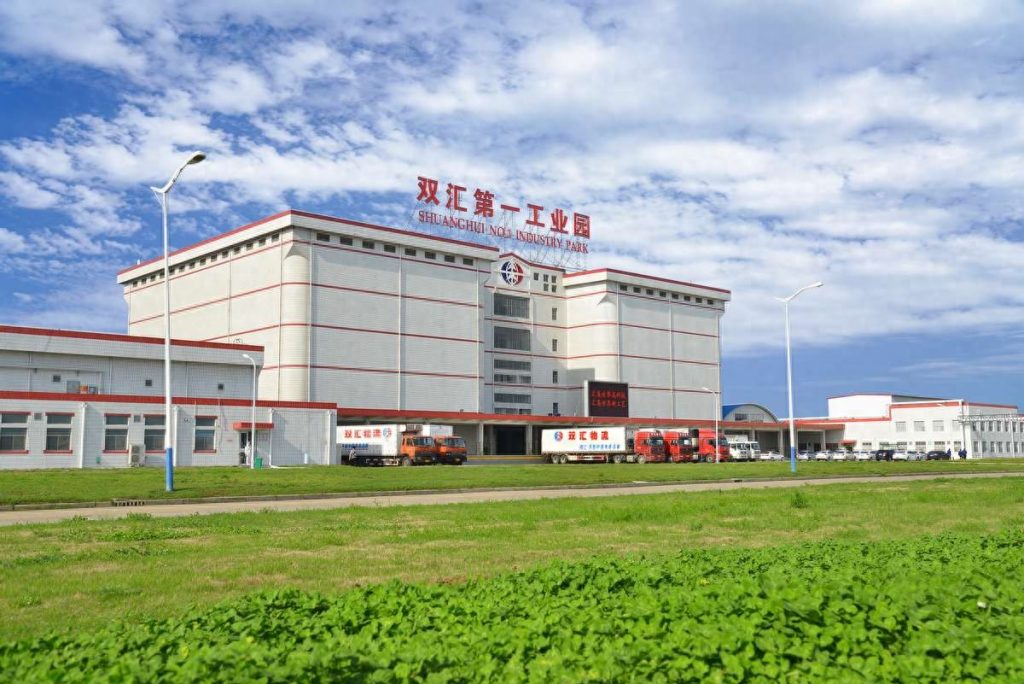
The Shuanghui brand, which many people have eaten since childhood, feels like it represents Chinese goods, with things like ham sausages and Wang Zhongwang, visible everywhere in supermarkets. The result, however, is that this billion-dollar enterprise has long been practically controlled by US capital. The story goes back to 2006, when Shuanghui needed a lot of money for expansion. Goldman Sachs and CDH Investments came in, seemingly for a strategic partnership, but in reality, through layers of overseas companies and trust holdings, foreign capital gradually gained the upper hand. On the surface, the shareholder list was full of Chinese names, but the agreement clearly stated that core technology had to be shared, major decisions required foreign approval, and profit distribution prioritized them. This operation allowed Shuanghui to still appear as a Chinese enterprise nominally, but fundamentally, it had changed.
By 2013, Shuanghui spent $7.1 billion to acquire the US Smithfield Foods company, including $4.7 billion in equity and $2.4 billion in debt. This deal was pushed hard by Wan Long, said to be for expanding the industrial chain, but his eldest son, Wan Hongjian, fiercely opposed it, feeling that the debt would drag down the company. The acquisition still went through, and since then, Shuanghui became tightly tied to the US pork industry. Wan Zhou International, as the parent company, listed on the Hong Kong stock exchange and actually controlled Shuanghui Development, while Smithfield’s pork began to flood into the Chinese market. On the surface, it looked like internationalization, but in reality, through related-party transactions of buying high and selling low, hundreds of millions of dollars in profit were siphoned off to the US every year. The money earned by Shuanghui should have stayed in the country for development, but much of it flowed overseas. Isn’t this profiting from loss?
The family is even more chaotic. Wan Hongjian, the eldest son of Wan Long, graduated in 1990 and joined the company, starting as a workshop worker and working his way up to sales, foreign trade, and eventually becoming the deputy general manager of Rotex and the executive director of Wan Zhou. Everyone thought he was secure for the succession. However, the father and son had conflicting ideologies. In 2013, they clashed over the acquisition. On June 3, 2021, Wan Hongjian and his father argued over opposing the promotion of Guo Lijun to CEO, and the company removed him from all positions 17 days later. On August 17, Wan Hongjian published “My View of My Father and Wan Long,” directly listing the charges: Wan Long treated Wan Zhou as an ATM, transferring Shuanghui money overseas through complex financial arrangements; buying shares at a low price from employee stockholding Xingtai, earning over 5 billion HKD personally; importing American pork at a high price in 2021, resulting in an 800 million RMB loss; pocketing 200 million USD during the restructuring; and maintaining an improper relationship with his secretary Shen Ruifang for nearly 20 years, having a daughter with her.
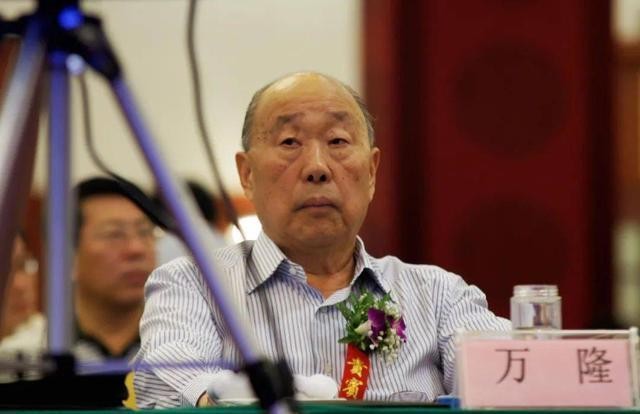
Regarding Shen Ruifang, Wan Hongjian said she transformed from the wife of an security personnel to a secretary, controlling Wan Long’s information channels, and that the entire family had to go through her to contact them. Wan Long left his first wife in Luohe unattended and lived in a luxury apartment in Hong Kong, bought with company money. After the article was published, Wan Zhou’s stock price dropped by over 10 billion HKD in two days. The company responded, saying the charges were baseless and misleading, and that it reserved legal rights. However, public trust was lost, and Shuanghui’s reputation plummeted. Wan Hongjian also said that Wan Long prioritized profit over substance, weakening the development momentum of Chinese Shuanghui, with 3.5 billion USD transferred overseas, never to return.
The second son, Wan Hongwei, took over. On August 12, 2021, he became the executive director and vice chairman of Wan Zhou; on August 29, 2024, he became the chairman of Shuanghui Development. Wan Hongwei is low-key, having previously managed public relations and joining the management in 2018. Since taking over, he has stabilized the company’s performance. In 2024, revenue reached 59.5 billion RMB, with nearly 5 billion RMB in net profit; in the first quarter of 2025, revenue was 14.2 billion RMB, with 1.1 billion RMB in net profit, total assets reached 42.9 billion RMB, a 15% increase. He promoted industrial chain integration, ensuring stable raw materials; expanded the product line to snacks and ready-to-eat meals; deepened cooperation with Smithfield, targeting overseas markets; and digitally, built platforms to improve efficiency. With over a million sales outlets and 21,300 distributors, new channels like supermarket meat products saw a 72% increase in sales, and high-end fresh products saw an 18% increase. In catering, central kitchens were put into production, with partnerships to add 100 more ready-to-eat food stores.
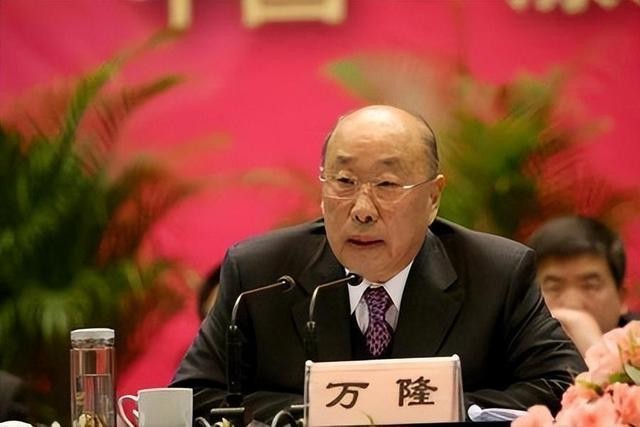
As for Wan Long, on August 12, 2021, he resigned as CEO of Wan Zhou but remained as chairman. On December 10, 2024, he resigned as the vice chairman of Shuanghui, leaving only as a non-independent director. After Wan Hongjian was removed, he did not return to the company, and his charges have not been followed up. The company denied everything, saying it did not transfer funds and did not take money from Shuanghui except for normal business; the pork imports were priced reasonably and resulted in no losses; the 5% share charge was baseless, and鼎晖 also denied it; Guo Lijun’s promotion was based on experience. After regulatory inquiries, the matter was settled.
This issue exposes the problems with Chinese corporate restructuring. Shuanghui transformed from a state-owned small factory into a giant, which should have been a national pride, but ended up with foreign capital penetration, internal family conflicts, and asset outflow. Wan Long built an empire, yet allowed American capital to take advantage. Wan Hongjian’s complaint exposed the truth, but didn’t change the landscape. Shuanghui is still restructuring, and when consumers pay, they should think about where the money is going. As companies grow, so do their responsibilities; they can’t just look out for themselves. In the future, can Shuanghui break free from the shadow of foreign capital and return to its domestic track? Everyone waits and sees. But historically, this model is deeply rooted, and change is not easy.
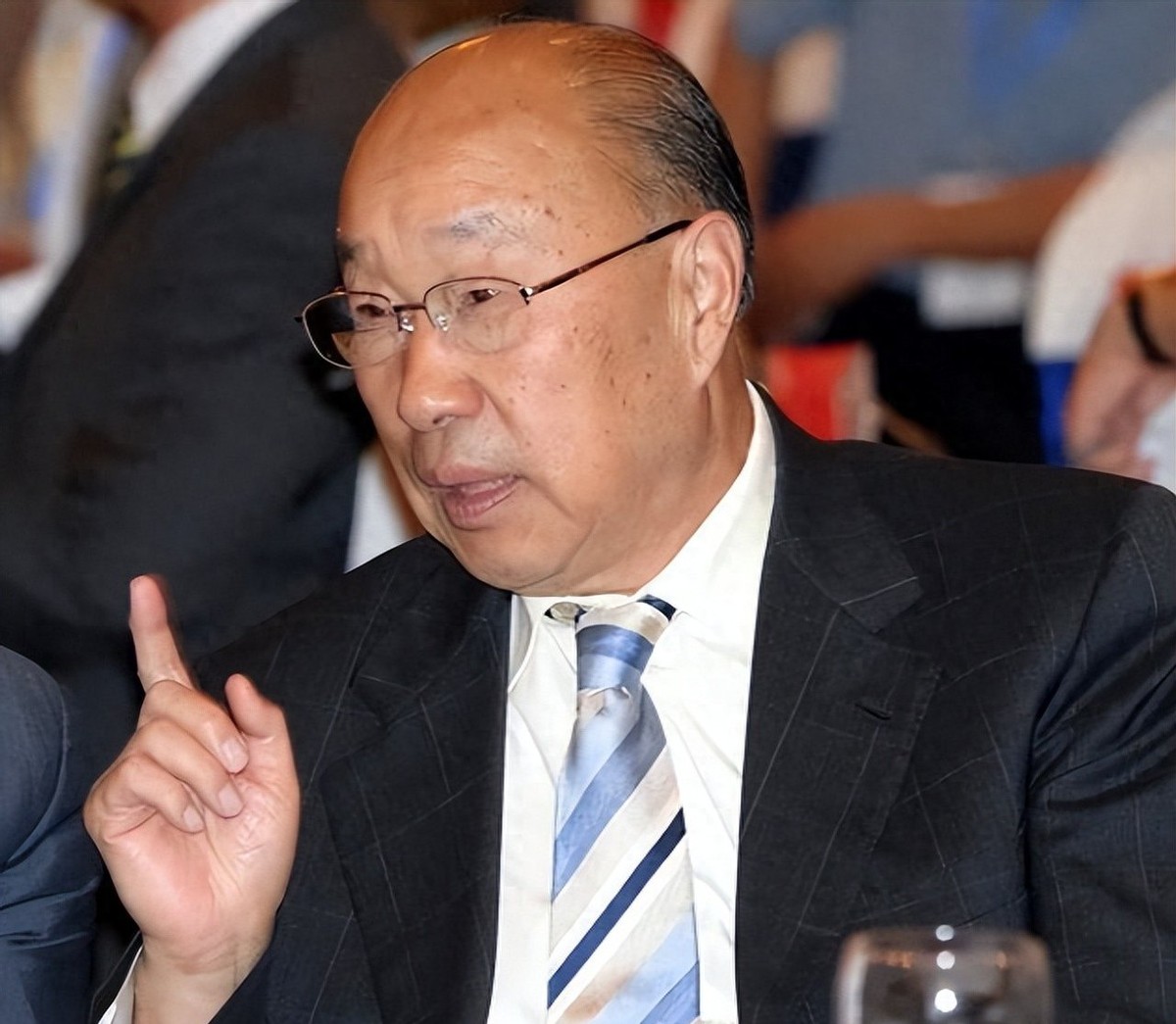
Foreign control is not new; many industries are like this. After Goldman Sachs invested, Shuanghui’s decision-making was restricted, with profits prioritizing the American side. After acquiring Smithfield, American pork entered China, and selling high prices while buying low became the norm. Wan Hongjian said that on February 26, 2021, Wanlong and Guo Lijun signed a document to import 100,000 tons of pork, with each ton priced at 25,800 yuan, while the market price was only 21,500 yuan, resulting in a loss of over 800 million yuan. This money indirectly benefits Lumei at the expense of Shuanghui. Wanlong personally profited, with 200 million yuan from the restructuring still untaxed to this day. Family trusts, overseas companies—these tools allow money to quietly leave the country.
During Wang Hongwei’s era, Shuanghui transformed to survive. Although performance remained stable, competition was fierce, with new brands vying for market share. Shuanghui relied on its legacy products, failing to keep up with innovation. The direction lies in catering and ready-to-eat meals, but foreign influence still lingers. Wan Long’s move to the sidelines has significant impact. Wan Hongjian’s withdrawal leaves a trail of questions. This story serves as a reminder that entrepreneurs should not forget their roots. Selling Shuanghui to the U.S. turns local consumers into tools. It is hoped that more companies will learn from this lesson, maintain control, and prevent foreign entities from draining them dry.
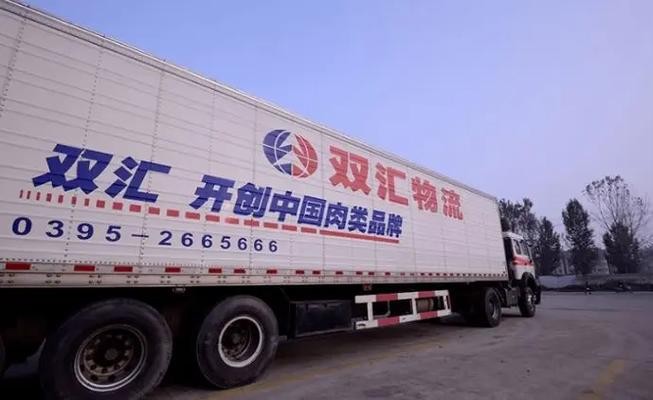
Overall, this isn’t just a problem for Shuanghui; it’s a trap facing Chinese companies in internationalization. Starting with the local market, once they grow, don’t sell themselves cheap. The Wanlong generation created miracles, but also left behind hidden issues. The next generation taking over needs to fix these holes. Consumers should also wake up, don’t blindly trust brands, and see who’s really steering the ship behind the scenes. The story of Shuanghui continues to unfold.